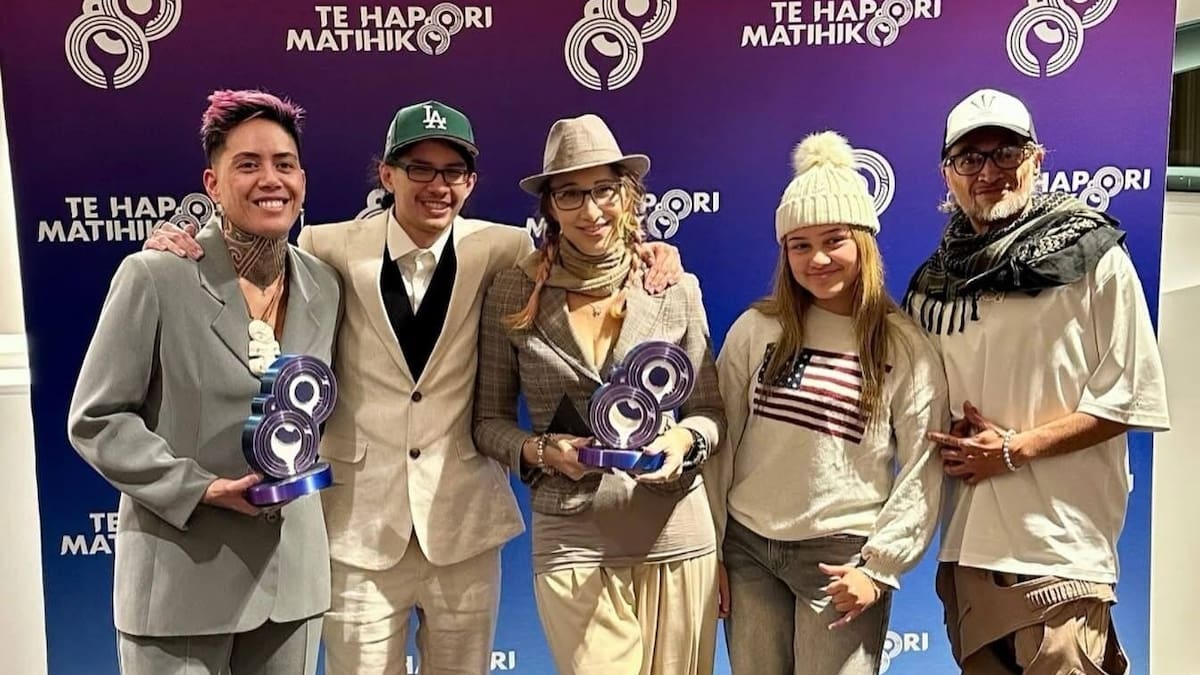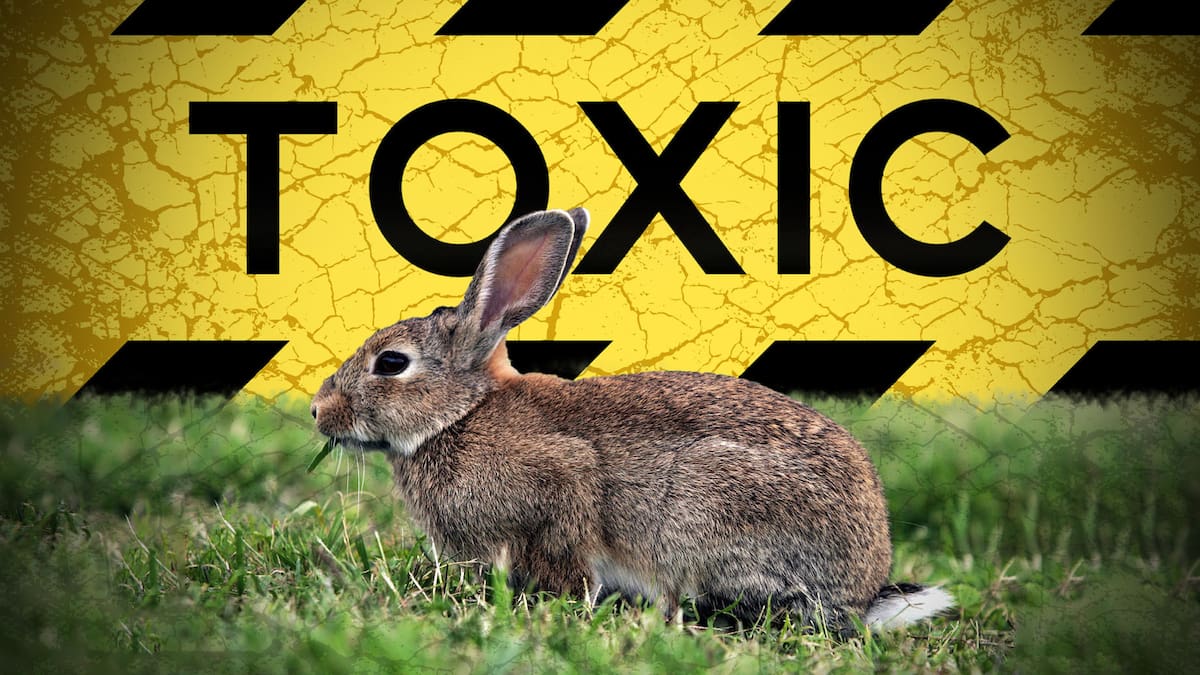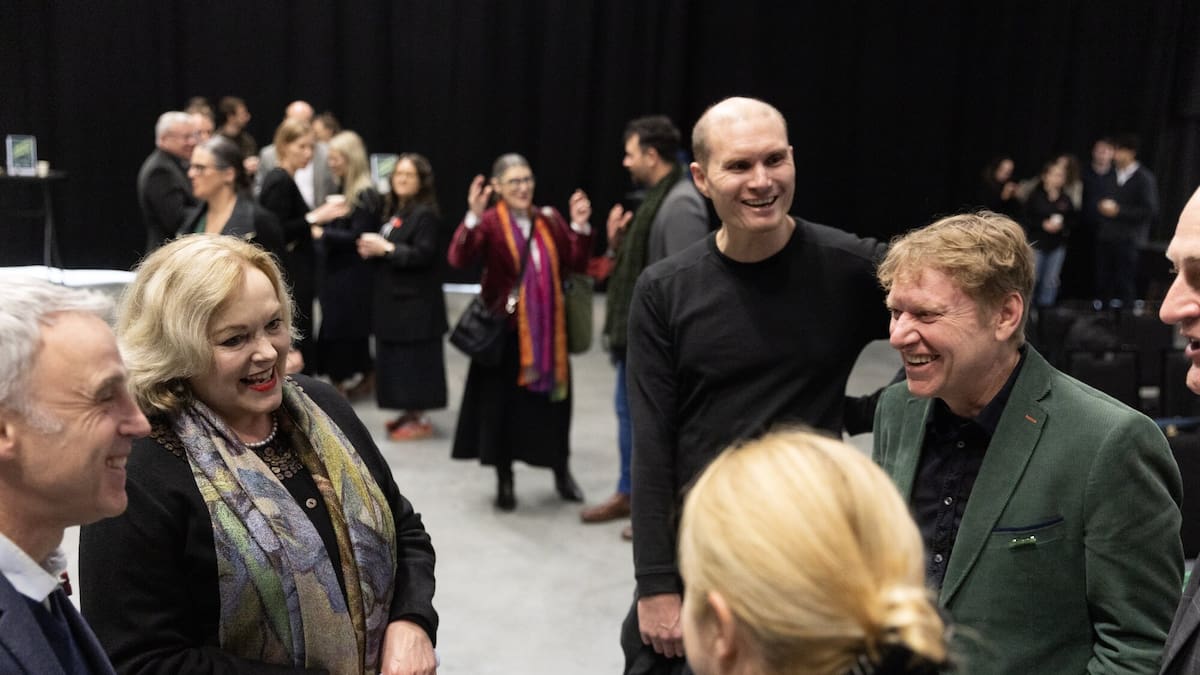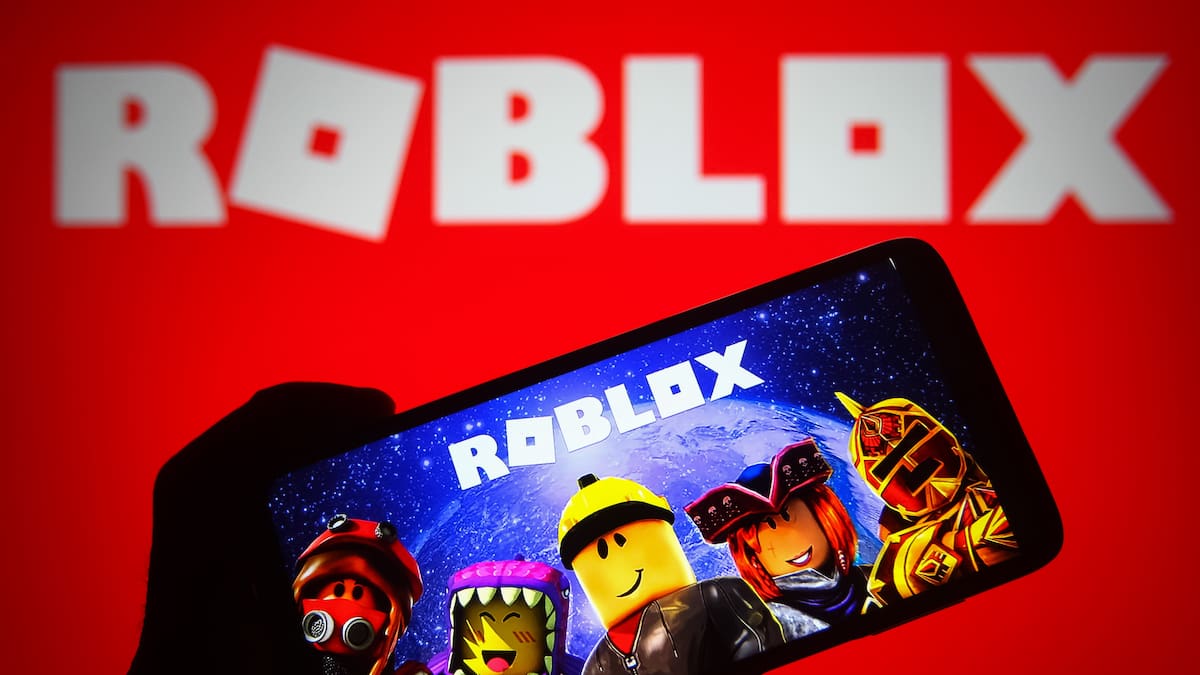“This win isn’t just for DNA,” she said.
“It’s for every rangatahi who feels that they don’t belong in tech.
“We’re showing them they absolutely do.”
She and husband Potaua Biasiny-Tule founded the organisation in 2014 after noticing a “huge gap” in the digital space.
It delivered education in areas such as coding, game development, animation, 3D modelling and digital storytelling, with a focus on digital equity and mātauranga Māori (traditional knowledge).
Classes were all free and NCEA-accredited.
They started out tutoring Potaua’s nieces and nephews in a small studio.
Now based on the corner of Hinemoa and Fenton streets, DNA works with hundreds of kids a week.
“What we’re doing is very much under the radar,“ Nikolasa said.
“[But] the people who need to find us, find us.”
She said many of their students found “mainstream education” didn’t work for them and needed a different approach.
“We’re a bunch of geeks and creatives and [DNA] doesn’t fit very much a mainstream kind of identity.”
Nikolasa said she had noticed a change in students’ “whole āhua [nature, condition]” after they came to DNA.
Some were making friends for the first time.
“We just got a letter from a mother whose daughter goes here, and she was just completely overwhelmed and grateful for what we’ve been able to provide for her daughter – a safe place [where] she can be completely herself.”
When students found a sense of self and a place of belonging, “the learning and the living become easy”.
What made DNA unique was that culture was at the foundation of everything it did, Nikolasa said.
“For instance, we’ll teach a pepeha [introduction] to our younger kids, but we’ll use Photoshop to do it.”
She said that, like a pepeha, the design software had different layers.
It was about using digital tools to express who they were.
DNA’s programmes had a 91.5% completion rate, and “that’s with our most hard-to-reach kids”.
“We really have something special going on here.”
To be acknowledged nationally for their mahi was “electrifying” and “satisfying”, she said.
“I think it’s just a reminder of how important it is to create organisations that are by Māori, for everyone.”
Nikolasa’s Puerto Rican and Dutch background helped her understand the importance of valuing cultural identity, she said.
“I remember asking my mum why language was so important to her, and she couldn’t quantify it.
“She said I am my language. It’s how I dream and it’s how I am able to articulate the world.”
The same went for tangata whenua articulating themselves in digital spaces, and she hoped the next generation of Māori creators and technology stars would be “unapologetically themselves”.
Rotorua had a “bubbly undercurrent of creativity” and the region was “absolutely on the tech map”.
DNA opens enrolments for its next cohort intake on July 28.
Annabel Reid is a multimedia journalist for the Bay of Plenty Times and Rotorua Daily Post, based in Rotorua. Originally from Hawke’s Bay, she has a Bachelor of Communications from the University of Canterbury.






